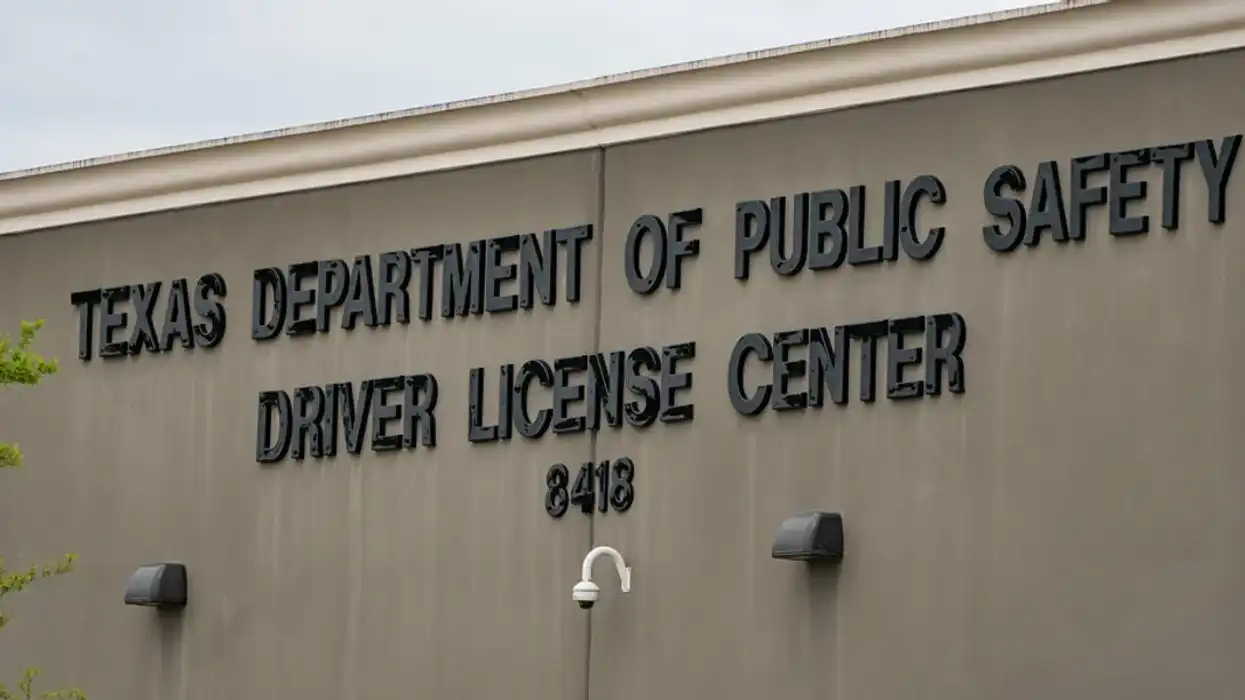A federal appeals court has blocked a lower court ruling that had opened the door to online voter registration in Texas.
The decision is a setback for advocates of easing access to the ballot box. They contend the nation's second-most-populous (and increasingly purple) state is being improperly strict in its interpretation of a federal law requiring states to give residents an opportunity to register when they apply for or renew driver's licenses.
But the ruling is not necessarily the final word on easing voter registration in Texas.
The 5th U.S. Circuit Court of Appeals tossed out a lawsuit this week on the grounds the three plaintiffs did not have standing to sue. The court did not agree or disagree with Judge Orlando Garcia of federal court in San Antonio. He ruled last year that Texas was violating the so-called motor voter law and the Constitution's equal protection guarantee by permitting people to register when they obtain or renew licenses in person at Department of Public Safety offices but not online.
DPS also offers those services online, but those customers are directed to a different site where they're instructed to print out forms and mail them in — because the state does not permit online voter registration.
The Texas Civil Rights Project, which represented the plaintiffs in the case, argues this system causes widespread confusion and leads many to wrongly believe they have completed registering.
Garcia had ordered the state to treat all DPS customers the same before the 2018 midterm election, but the state's Republican leadership resisted while the case was on appeal and efforts to move a bill in the Legislature fell short. Nonetheless, a burst of new voters helped Democrats pick up a pair of House seats and come whisper-close to a major Senate upset.
By the time of the presidential election, at least 38 states and the District of Columbia will allow voters to register online. Since New York added itself to the list this year, Texas is by far the biggest state missing from the list. Michigan, North Carolina and New Jersey are the other states with more than 5 million people but no online registration.




















Trump & Hegseth gave Mark Kelly a huge 2028 gift